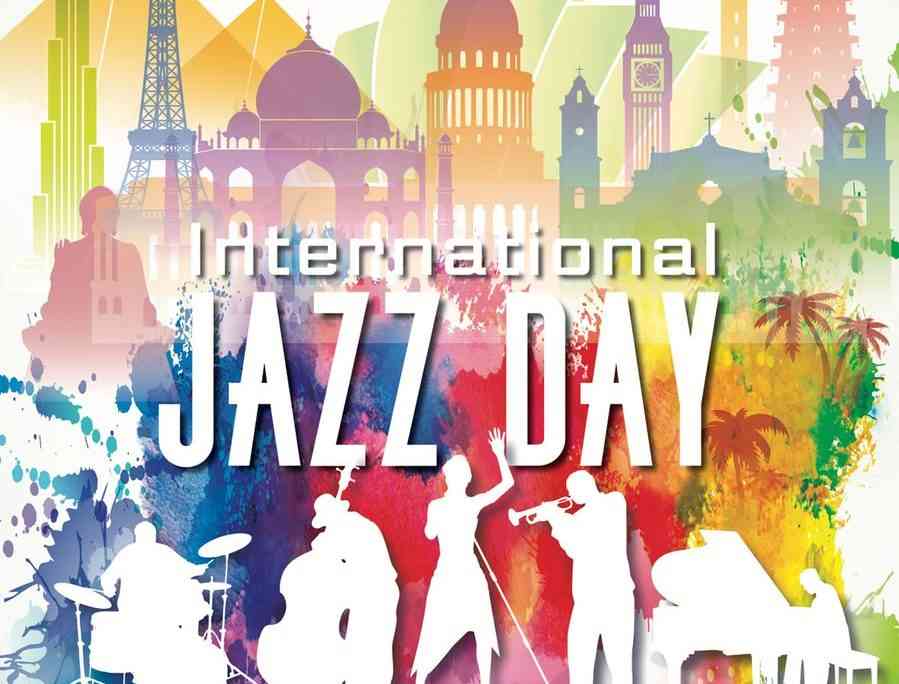
A RECENT baseline survey on the state of informality of the cultural and creative sectors in the country intended to promote artistic freedom to foster decent work, revealed various gaps in the sector, NewsDay Life & Style reports.
The survey was conducted by Florence Majachani, Ayeta Wangusa and professor Albert Makochekanwa through a partnership between the International Labour Organisation and United Nations Educational, Scientific and Cultural Organisation under the Regional Creatives for Development.
The study revealed many challenges in the informal cultural and creative economy, among them low incomes which reflected the survivalist approach adopted by the sector, women facing limited opportunities influenced by patriarchy and the prevailing economic downturn affecting disposable income to purchase art.
“Key informants from the crafts and visual arts sub-sectors also affirmed the survivalist nature of the informality in those sub-sectors, with artists sometimes selling their works at far below the market value in order to meet immediate family needs,” the study read.
The study also noted that a key characteristic of the informal culture and creative economy was extreme financial exclusion and over-dependence on donor funding. It further noted that accessing donor funding is also a challenge because of the limited access to information and skills required to respond effectively to funding calls.
For instance, the film sector was struggling and suffering from weak investment, the study indicated.
In music and live performances the study highlighted that women’s participation in these jobs is limited due to tendencies of exploitation by service providers and limited skills and support systems.
Theatre, bands and dance groups in both urban and rural settings have no clearly defined workspaces, except for a few who may have access to donor funding to rent spaces or own theatre spaces, the survey further stated.
- Pamzy pursues her love for music aboard
- Supporting arts, culture for community value
- Parly urged to open debates to public
- So Far intimate concerts diversify
Keep Reading
“Music groups hire rehearsal spaces from institutions such as the Music Crossroads Academy or studios dotted across towns. This means that most of them have inadequate rehearsal time because of budgetary constraints. Owing to the fact that most work does not take place in standardised spaces, safety and health are not guaranteed. The lives of workers are thus endangered, and some key informants described specific incidents where workplace accidents had happened during shows, although no deaths were reported,” the study revealed.
Key informants noted that while low education was generally linked to participation in the informal economy, poverty had pushed even the educated into the informal sector of the creative and cultural industry.
Nonetheless, the study highlighted that cultural and creative sectors were drivers of economic growth, development and employment creation.
“In addition to its commercial value, the cultural and creative economy contributes to the sustainable development goals through its capacity to promote employment and social cohesion, increase people’s resilience and connect communities to different forms of cultural expression. In Zimbabwe, the cultural and creative sectors contribute towards employment generation,” further reads the study which covered Harare, Bulawayo, Binga, Lupane, Masvingo and Mutare.
According to the Zimbabwe National Statistics Agency’s 2023 second quarter Quarterly Labour Force Survey, about 0,6% of employed people were in the arts, entertainment and recreation industry.










